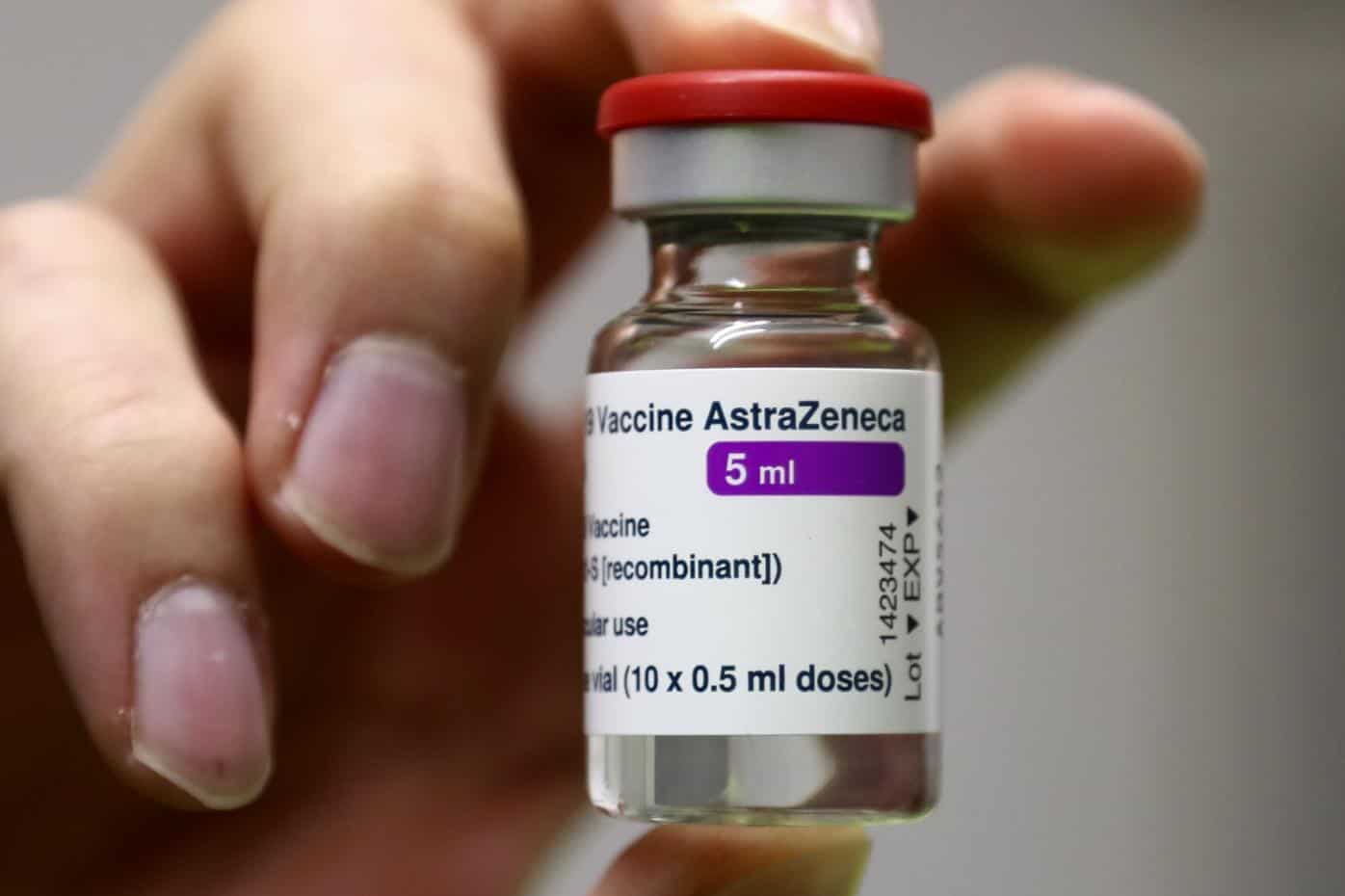Article, FEATURED STORIES, news, WORLD
AstraZeneca Uses Outdated Information In Touting Vaccine Efficacy

On Monday, AstraZeneca announced that its COVID-19 vaccine is safe and effective for adults of all ages, following the results of their study on over 32,000 volunteers.
Unfortunately, it was revealed early Tuesday morning that the study included outdated information. The National Institute of Allergy and Infectious Diseases (NIAID) issued the following statement shortly after midnight, sharing the concerns of the study’s independent overseers:
“The Data and Safety Monitoring Board (DSMB) expressed concern that AstraZeneca may have included outdated information from that trial, which may have provided an incomplete view of the efficacy data. We urge the company to work with the DSMB to review the efficacy data and ensure the most accurate, up-to-date efficacy data be made public as quickly as possible.”
The study in question touted 79% efficacy in preventing symptomatic COVID-19 disease and 100% efficacy against severe sickness and hospitalization. According to NIAID Director Dr. Anthony Fauci, there were only five participants of the 32,000+ who faced severe symptoms or hospitalization, and all five had received a placebo vaccine.
In response to the new concerns raised by the NIAID, AstraZeneca released an additional statement. The company declared that they would “immediately engage with the independent data safety monitoring board to share [their] primary analysis with the most up to date efficacy data.” According to AstraZeneca, the results of this primary analysis are likely to be released within 48 hours.
With the imminent threat of new, deadlier strains of the virus, there is a worldwide race against time to achieve heard immunity through vaccinations. Experts hope that this alleged regulatory error from AstraZeneca’s study won’t diminish public confidence in the safety of COVID-19 vaccines.
Dr. Anthony Fauci on ABC’s “Good Morning America” called the incident “an unforced error.”
“The fact is this is likely a very good vaccine,” Fauci said. “I think the Data and Safety Monitoring Board picking up this discrepancy was an example of a safeguard. And at the end of the day, all of this is going to be decided by the FDA. They will independently go over every bit of data themselves and not rely on any interpretation from anyone, including the company.”
This controversy is the latest hiccup in AstraZeneca’s turbulent COVID-19 vaccine rollout. Just last week, several European nations suspended the use of the company’s vaccine following reports of unusual blood clots found in some recipients of the shot.
AstraZeneca insists that the study’s independent safety monitors found no evidence of these blood clots being caused by their vaccine. But the company’s repeated errors in reporting vaccine data aren’t helping the shot’s global credibility. A top Norwegian health official told broadcaster NRK that the nation might not resume its administration of the vaccine due to public skepticism.
“People clearly say that they do not want the AstraZeneca vaccine,” says Marte Kvittum Tangen, head of the Norwegian Association of General Practitioners.
The worldwide distrust of AstraZeneca’s shot is particularly troublesome since it is the cheapest and easiest vaccine to produce at the moment. It will make up a majority of the doses shipped in the first half of 2021 by COVAX, an association aimed at providing COVID-19 vaccines to low and middle-income nations. Because of this, most developing countries have no choice but to move ahead with using the AstraZeneca shots, regardless of their reputation.
“Why should I allow it to be used on me?” said Peter Odongo, resident of a northern Ugandan town. “Are we not human beings like those in Europe?”
Despite the various concerns raised about the AstraZeneca vaccine in recent weeks, most medical communities attribute this recent controversy to a mere statistical blunder. The NIAID statement from early Tuesday was in no way an attempt to lower public confidence in AstraZeneca’s shot but a necessary bureaucratic safeguard.
“We just felt we could not remain silent,” Dr. Anthony Fauci told STAT. “Because if we did remain silent, we could be understandably accused of covering something up. And we definitely didn’t want to be in that position.”

